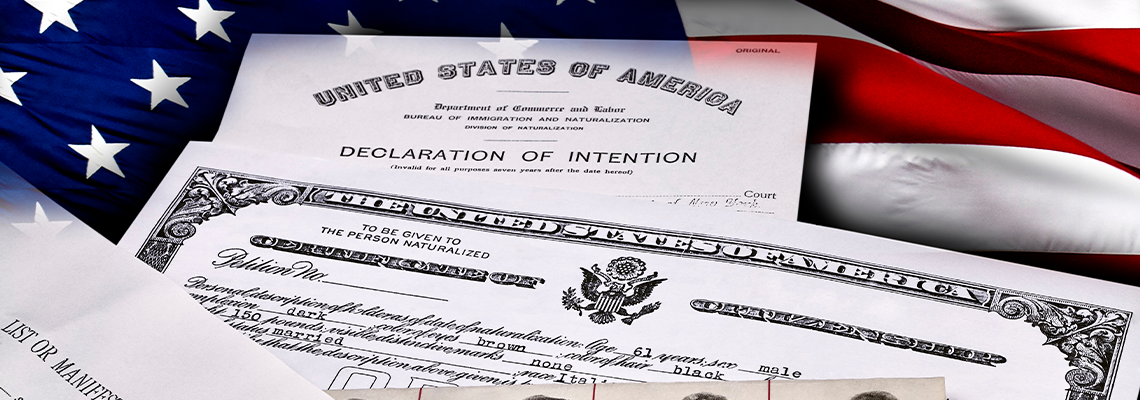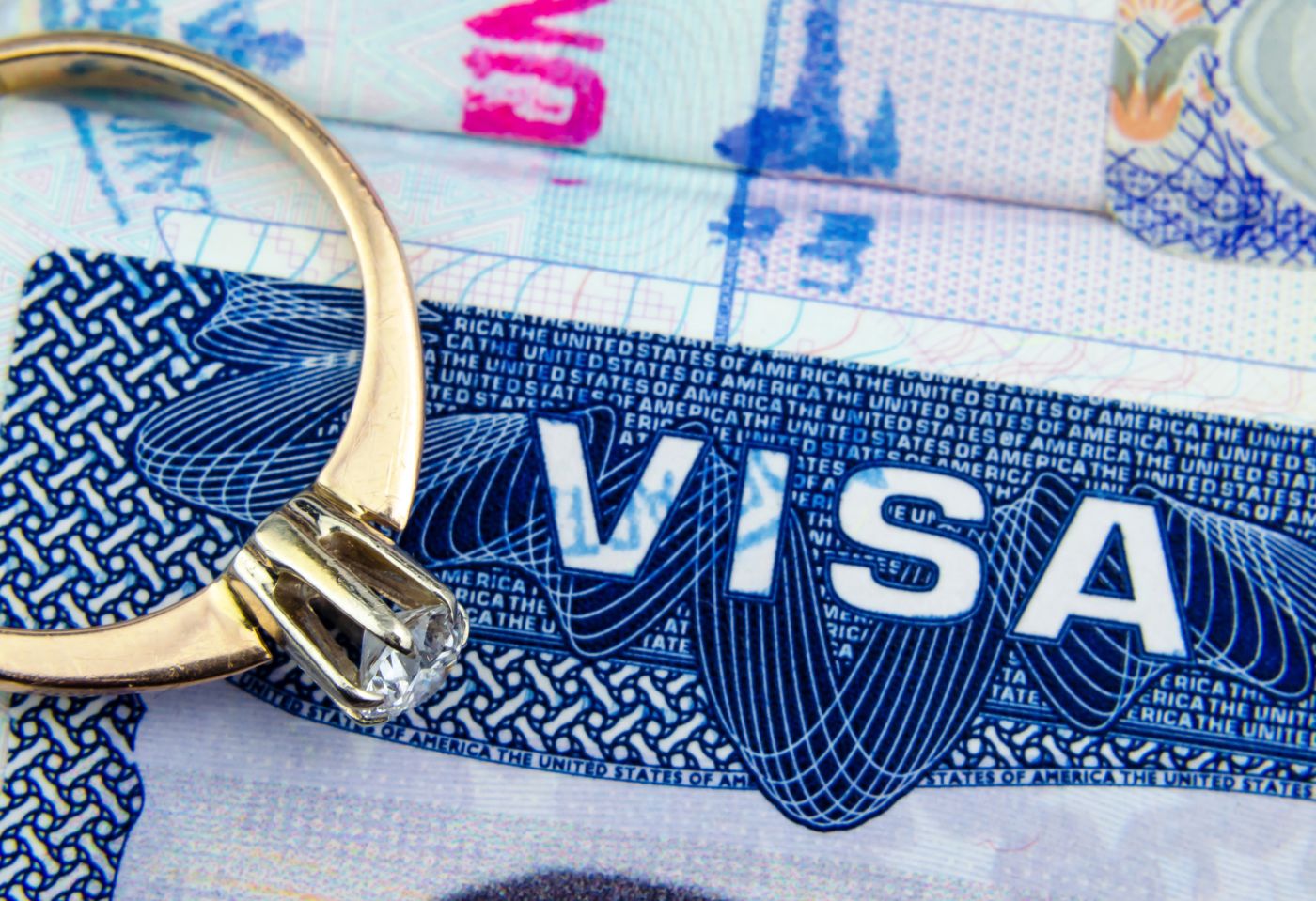
Becoming a U.S. citizen is a dream for many, but what happens when your naturalization application is denied?
At Herhusky Law Office, PLLC, we understand the frustration and uncertainty that can come with this setback. Located in Raleigh, North Carolina, our team, led by seasoned immigration attorneys, specializes in helping individuals overcome these challenges. We proudly serve Raleigh, Durham, Greensboro, Fayetteville, Charlotte, Wilson, Wilmington, and the greater North Carolina area.
Our mission is simple—to support you in your pursuit of citizenship with compassion and dedication. Let's explore the steps involved in appealing a naturalization denial.
Understanding Naturalization Denials
A denial doesn't mean the end of your citizenship dreams. You must understand the reasons behind the denial, which can vary from incomplete documentation to more complicated legal issues. The denial notice usually highlights the reasons, providing a starting point for building a successful appeal.
The first step is to closely examine the denial notice provided by USCIS (United States Citizenship and Immigration Services). This document mentions why your application was not approved and serves as the foundation for your appeal. Common reasons for denial include insufficient residency periods, failure to demonstrate good moral character, or lacking the required English language proficiency.
Once you understand why your application was denied, you can start gathering evidence to refute these reasons. This could involve collecting additional documents or writing statements that bolster your case. A well-prepared appeal can make all the difference.
The N-336 Form and Filing an Appeal
Filing an appeal begins with the N-336 form, also known as the Request for a Hearing on a Decision in Naturalization Proceedings. This form is the first official step in the appeals process. You must submit this within 30 days of receiving your denial notice, along with the necessary filing fee and any supporting documentation.
While completing the N-336 form, you must provide detailed information supporting your case. Clearly mention why you believe the denial was incorrect and attach any evidence that supports your claims. The more comprehensive your submission, the better your chances of overturning the decision.
After submitting the N-336 form, USCIS will schedule a hearing where you can present your case. This hearing is an opportunity to clarify misunderstandings and provide additional evidence. It is a chance to engage directly with an immigration officer who will review your application anew.
Preparing for Your Hearing
Preparation is key to a successful appeal. Before your hearing, ensure that all your documents are organized and easily accessible. Practice explaining your case clearly and confidently, focusing on the points raised in your denial notice.
Bring any new evidence that supports your case to the hearing. This could include updated documents, testimonies from credible sources, or additional proof of residency and moral character. The goal is to present a compelling argument that demonstrates your eligibility for citizenship.
Common Reasons for Denial
Here are some common reasons for a naturalization denial:
Residency issues: Applicants must prove continuous residence in the U.S. for a specified period. Prolonged absence may raise questions regarding residency requirements.
Good moral character: This encompasses a wide range of behaviors and actions. Criminal convictions, unpaid taxes, or failure to uphold family responsibilities can lead to denial.
Language and civics requirements: Applicants must demonstrate basic English proficiency and knowledge of U.S. history and government. Failing these tests could result in denial.
Failure to disclose information: Omitting or misrepresenting information on your application can lead to a denial. USCIS expects full transparency, and even minor inaccuracies can jeopardize your case.
Inadequate support for the application: Failing to provide sufficient documentation to support your claims or establish your eligibility can also result in denial. Include all necessary evidence, such as tax returns, employment verification, and proof of ties to the community.
Tips for Strengthening Your Application
Even if your application was denied initially, there are steps you can take to strengthen your case. Here are five additional tips:
Seek legal assistance: Seek the help of an experienced immigration attorney who can provide guidance, help you understand the legal complexities of your case, and prepare a robust appeal.
Gather documentation: Collect all relevant documents that demonstrate your eligibility. This includes tax returns, employment letters, proof of residence, and any other documents that can substantiate your claims.
Provide character references: Obtain letters of recommendation from reputable individuals in your community who can attest to your good moral character. These testimonials can greatly support your case.
Stay informed on immigration law: Familiarize yourself with current immigration policies and procedures to understand better how they may affect your application and appeal. This knowledge can help you present a stronger argument.
Practice your interview skills: Conduct mock interviews to prepare for the hearing. Being articulate and confident during the hearing can help convey your commitment to fulfilling the citizenship requirements.
Attend community classes or workshops: Participate in English language classes or civic education workshops to improve your language skills and knowledge of U.S. history and government. This not only enhances your qualifications for citizenship but also shows your commitment to integrating into the community.
Stay organized and responsive: Keep all your documents organized and remain proactive in responding to any requests from USCIS. Timely communication and a well-documented application can significantly bolster your chances of a successful appeal.
Immigration Attorney in Raleigh, North Carolina
At Herhusky Law Office, PLLC, we provide the support and attention you deserve throughout your naturalization process. We believe that every client deserves our personal attention and dedication. Our services are available in both English and Spanish so that there is clear communication every step of the way. We serve clients in Raleigh, North Carolina, Durham, Greensboro, Fayetteville, Charlotte, Wilson Wilmington, and the greater North Carolina area. Reach out to us, and together, we can work towards achieving your dream of U.S. citizenship.


